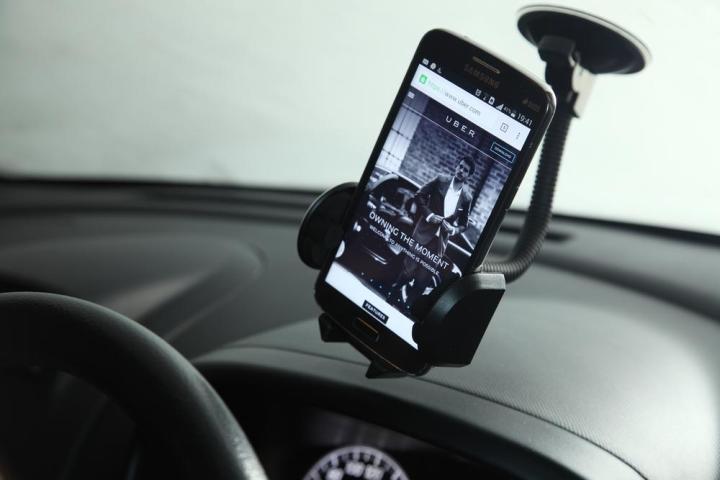
According to the complaint, the privacy activist group objected to a provision contained in Uber’s updated privacy policy stating that the company will collect location data in the background, even when the app isn’t running or, based on the language, even when you’ve turned off location sharing and GPS.
“When you use the Services for transportation or delivery, we collect precise location data about the trip from the Uber app used by the Driver,” reads the policy. “If you permit the Uber app to access location services through the permission system used by your mobile operating system (“platform”), we may also collect the precise location of your device when the app is running in the foreground or background. We may also derive your approximate location from your IP address.”
In its complaint, EPIC notes that “this collection of user’s information far exceeds what customers expect from the transportation service. Users would not expect the company to collect location information when customers are not actively using the app.”
Back in May, Uber defended its practice of collection certain location data, arguing that it helps drivers connect to riders. In addition, Uber is also under fire for gaining access to users’ contacts in order to “launch new promotional features,” such as sending special offers to contacts.
Interestingly, in that same May statement, Uber said it didn’t plan to collect location data or access a rider’s contacts starting on July 15, since it was just exploring “potential new use cases.” And with such a public backlash, we’ll have to wait and see whether Uber actually implements the location tracking.
EPIC’s legal complaint is the latest in Uber’s recent troubles, which also include a recent California court ruling that Uber drivers qualified as employees rather than freelancers. Even though Uber plans to challenge this ruling, it could set a new precedent for how ride-sharing services, which include the likes of Lyft and others, may categorize drivers.


